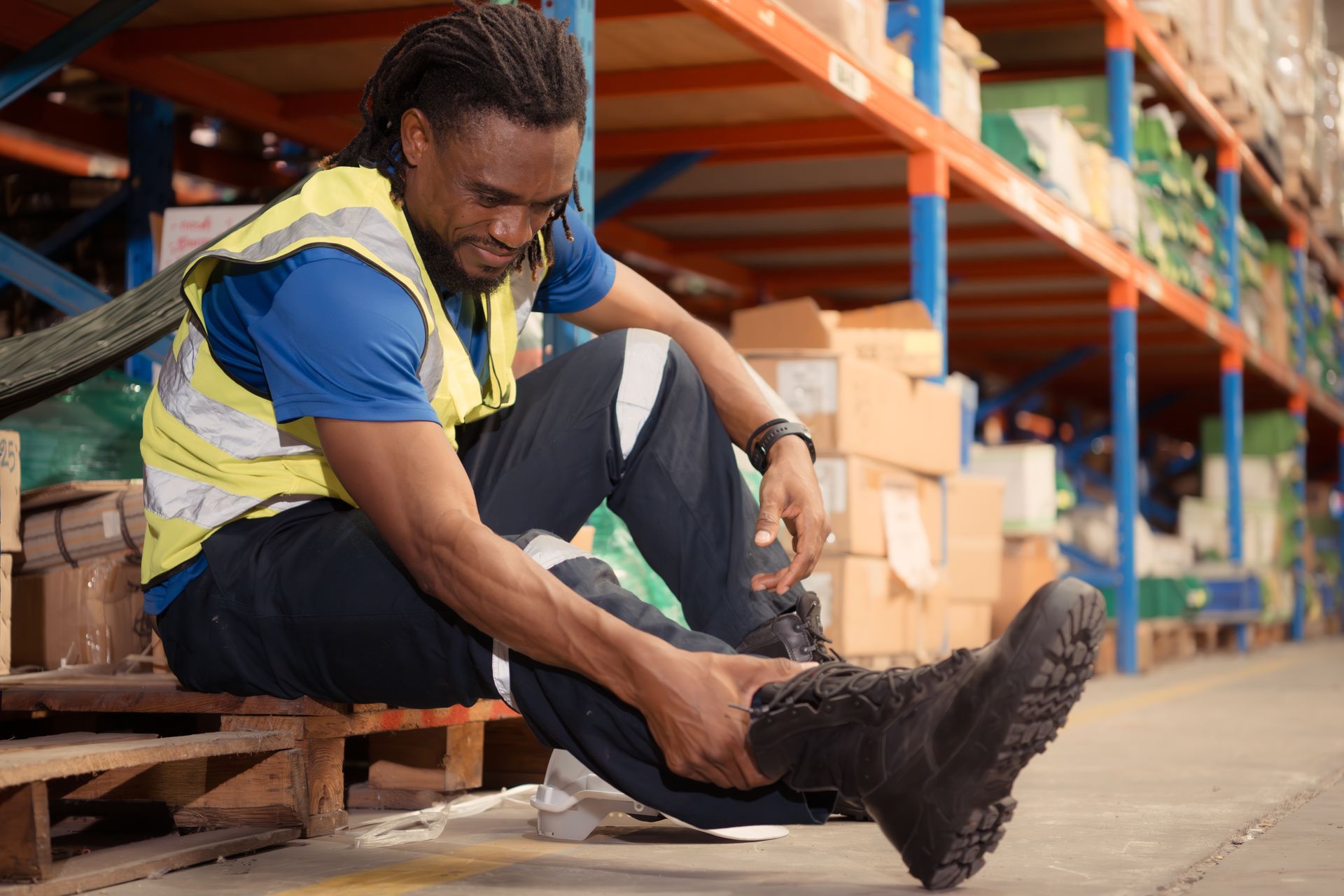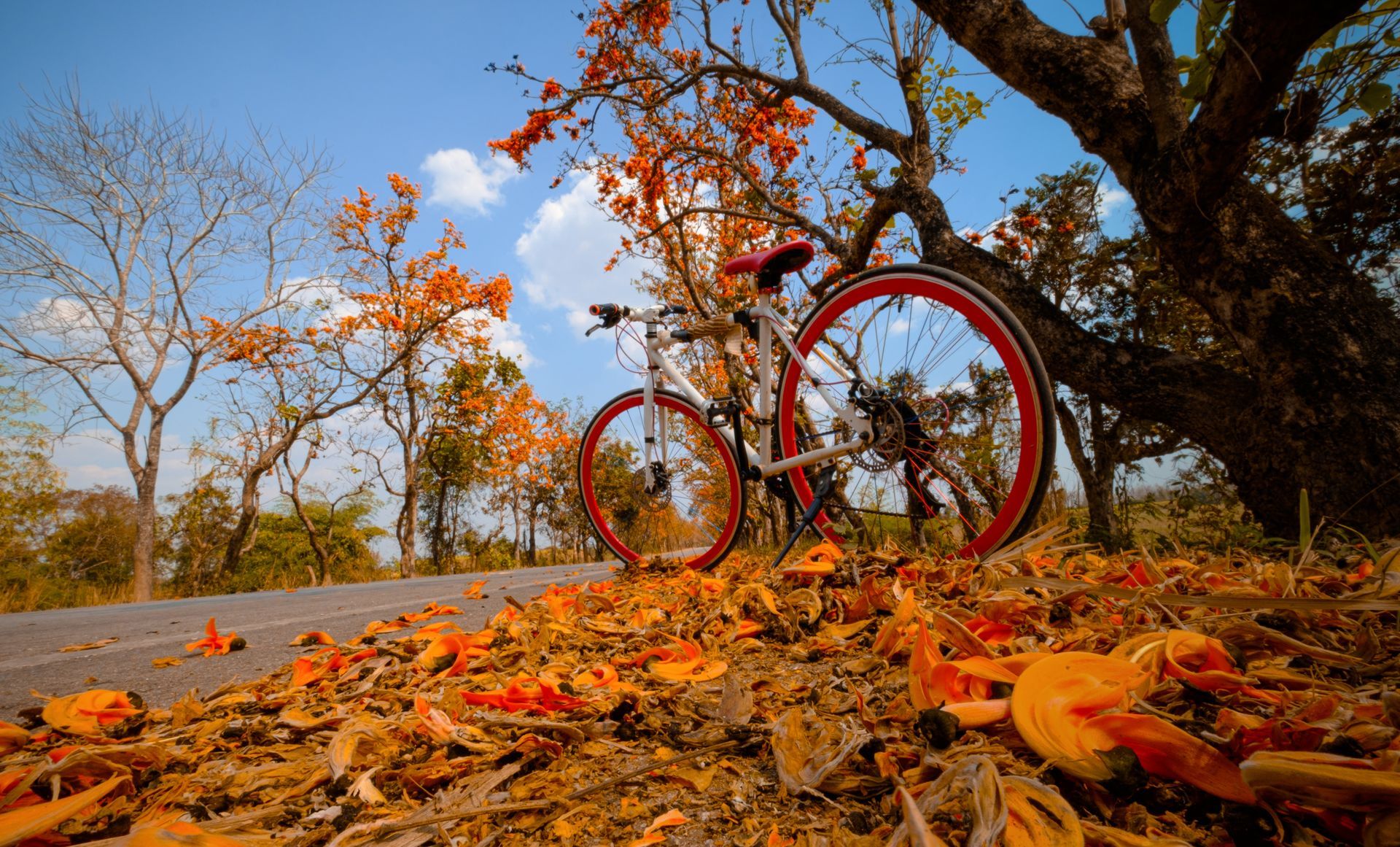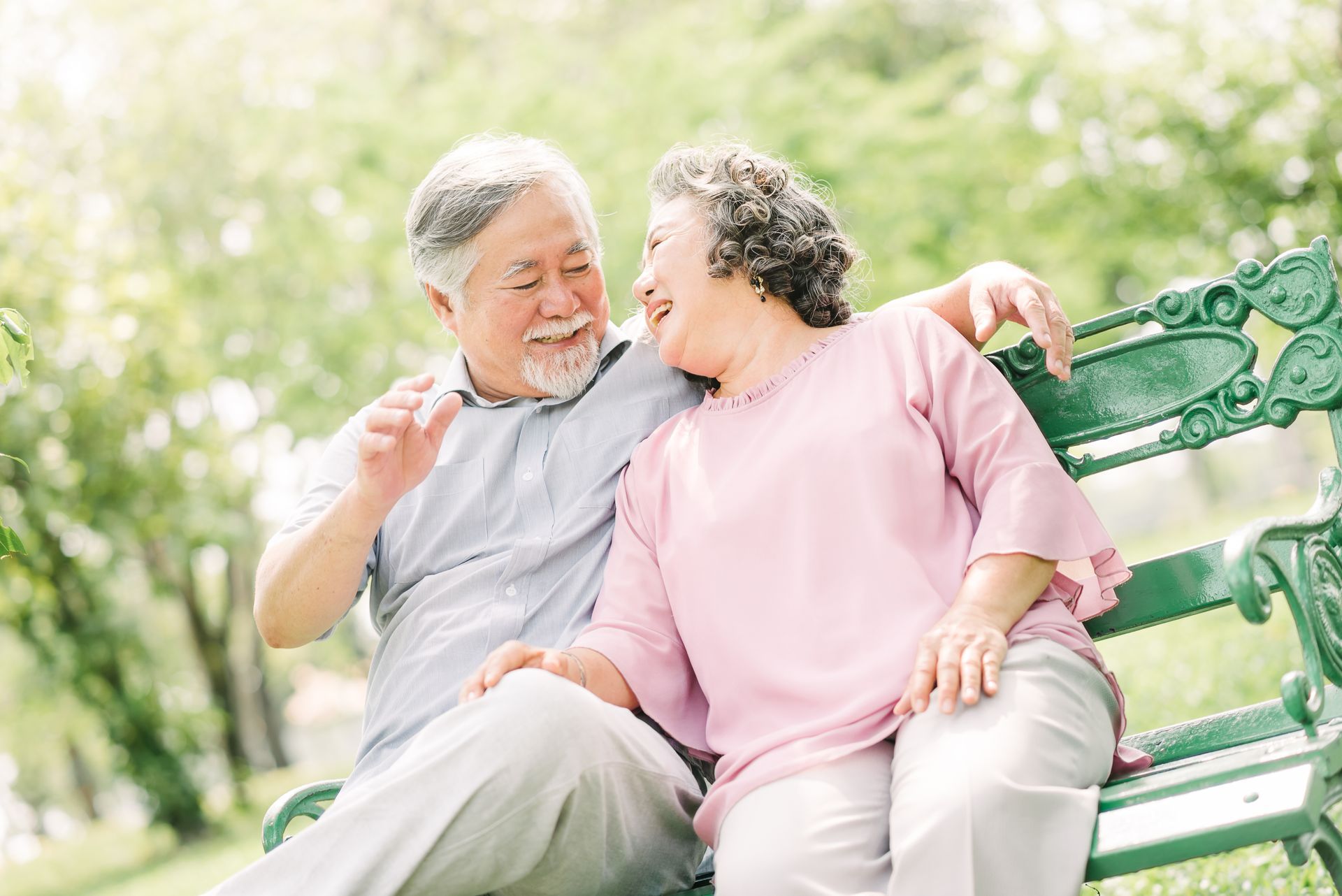Diabetes and Venous Disease: Is There a Connection?
Originally posted in March 2023 on Healthy Cells Magazine.
Many people believe that diabetes causes varicose veins and other venous diseases. The truth isn’t quite so straightforward.
A number of medical conditions are associated with venous disease. Among the more serious of these disorders is diabetes, which can significantly exacerbate the symptoms of varicose veins and other chronic venous insufficiencies. While diabetes and venous disease aren’t direct causes of each other, there are some shared risk factors between the two that can make them particularly dangerous when seen in conjunction with each other.
How Does Diabetes Affect Circulation?
Diabetes affects the nerves, arteries, and skin in the legs and feet. When too much glucose builds up in the blood, numbness can occur in the limb, preventing patients from recognizing and responding to injuries. As the disease progresses, blood flow in the arteries of the legs and feet begins to diminish, resulting in further damage to the nerves and, in some cases, ulcers on the feet.
Much like diabetes, venous disease negatively affects circulation in the legs and feet, resulting in significant swelling, itching, and burning. Uncontrolled or poorly controlled diabetes with lymphatic edema will worsen venous symptoms by placing additional stress on the veins. As a result, patients with diabetes and circulatory problems are even more susceptible to the usual complications of each — in particular, significant leg swelling and infection risk. These complications tend to be much more severe, especially when care is delayed.
Who Is at Risk?
Diabetes and venous diseases can occur simultaneously. Though most often seen in older, overweight individuals, with a family history of either condition, both are sometimes present in individuals with certain characteristics. The most common risk factors include:
- Age
- Pregnancy
- Obesity
- A family history of the disease or a genetic predisposition to it
What Should Patients Do?
While diabetes and venous disease aren’t causally linked, each can be effectively managed with similar measures, including:
- Regular physician visits and screening exams with your primary care physician and The Vein Specialists
- Taking an active role in self-care and following your physician’s recommendations
- Regular exercise that includes using and strengthening of the leg muscles
- Weight loss
- Excellent foot and nail care, including a podiatrist visit every six months for a detailed foot exam
- Wearing knee-high compression socks during the day
- Elevating the legs above the heart for 30 minutes, three to four times a day
- Inspecting the legs and feet regularly for wounds, ulcers, or other issues like swelling and/or varicose veins
If you have any of the signs or symptoms of varicose or spider veins, contact the expert physicians at The Vein Specialists. Call 309-862-4000 or online at ILVeins.com for a free screening or initial office visit. During your initial consultation, one of their physicians will help you understand the underlying cause of your varicose veins, explain your treatment options, and then guide you through every step of your procedure and recovery. They have convenient locations at 3302 Gerig Drive in Bloomington or 2011 Rock Street, Suite C in Peru.











